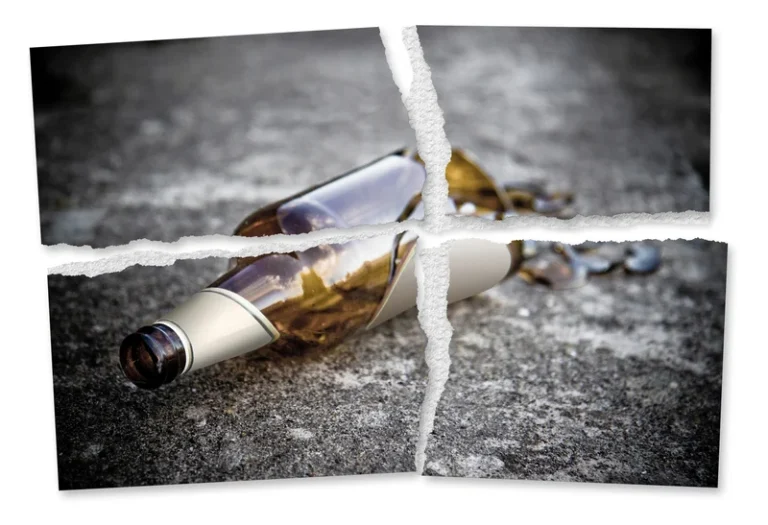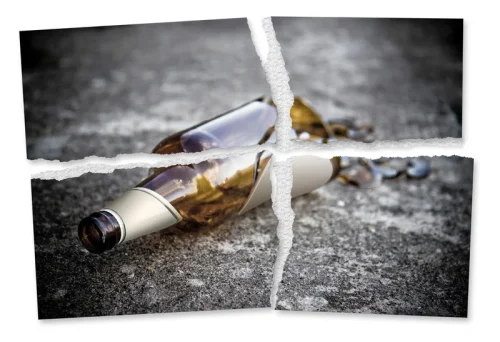Sober living
Whats the Importance of Gratitude in Recovery?

Incorporating gratitude meditation into your routine can foster a deeper sense of thankfulness. Set aside a few minutes daily to sit in silence and focus on the aspects of your life that bring you joy and security. This practice not only helps in reducing stress but also strengthens emotional resilience, making it easier to cope with cravings and emotional setbacks. Engaging in acts of kindness, such as volunteering or helping others, fosters a deep sense of connection and community, reinforcing the support network vital to recovery. Understanding the science behind gratitude can deepen the appreciation for its effectiveness as a tool in recovery. Various research studies have illuminated how practicing gratitude positively influences mental and Sober living home emotional well-being.

What is Dilaudid Addiction? Facts and Warnings
Explore the struggles and triumphs of celebrities with drug addictions and their influence on addiction stigma. Dive into the dangers of purple heroin, its impact on health, and the battle against its regional spread. Wondering, “How do I know if I have PTSD or anxiety?” Explore the symptoms and find clarity in your journey. Discover how safe injection sites offer hope and reduce overdose risks for those battling addiction.
Predispositions to Substance Use Disorders
Recovery is difficult, and maintaining a sense of gratitude can be crucial to a full and lasting recovery. By expressing thankfulness for everything you have in your life, you can begin to see the glass as half full rather than half empty. Additionally, gratitude has been linked with increased resilience, better sleep, and improved physical and mental health.
What’s the Importance of Gratitude in Recovery?
- Ultimately, practicing gratitude in recovery enhances the overall journey, making it richer and more fulfilling.
- After 10 weeks of study, those who wrote about gratitude were more optimistic and felt better about their lives.
- Without gratitude, life is endless work with no real meaning and no detectable results.
- By fostering an appreciation for what has been gained, individuals can better engage with AA’s 12-Step practices, which are vital for successful recovery.
- One valuable way to use gratitude as a driving force for positive change is by keeping a gratitude journal.
This narrative delves into the transformative potential of gratitude in sustaining sobriety, highlighting its multifaceted roles—from enhancing well-being to fortifying social connections. As evidence mounts on the effectiveness of gratitude practices, individuals in recovery are discovering newfound resilience and motivation. This examination will explore how gratitude not only aids in the recovery process but also cements a foundation for lasting sobriety. Gratitude is not just an act of expressing thanks; it is a vital component in the journey of recovery. By consistently practicing and nurturing gratitude, individuals can enhance their mental and emotional well-being, improve physical health, and build stronger relationships. As more embrace this enriching practice, the pathway to lasting sobriety becomes clearer, underscoring gratitude’s transformative impact in the realm of addiction recovery.
By recognizing and cultivating gratitude, individuals can empower themselves toward a more positive, healthier lifestyle. Encouraging the practice of gratitude can significantly impact the recovery process, guiding individuals toward sustained success and fulfillment in their lives. For additional insights, explore our articles on mindfulness in addiction recovery and staying present in recovery journey. Moreover, research indicates that practicing gratitude can improve emotional regulation and resilience, making it an essential tool for preventing relapse.
Start your treatment today!
Explore the opioid epidemic and drugs in America — understand addiction and discover paths to recovery. Discover the methamphetamine vaccine breakthrough revolutionizing addiction treatment and offering new hope for recovery. Explore when medication assisted treatment begins, its history, and its role in overcoming addiction. Explore coping with the need for pain management addiction with effective strategies and support resources.

Discover how long recovery from alcohol addiction takes and the key factors influencing the journey to sobriety. Discover what Dilaudid addiction is, its risks, treatment options, and the path to recovery from dependency. I have been thrown into turmoil over what I can personally gratitude in recovery do to practice gratitude for all earth has given me throughout my 78 years. After some thought, I have made a decision to serve the songbirds I remember being so plentiful when I was young but have become so much rarer now.

Mental Health Benefits: Gratitude and Recovery

Integrating gratitude into recovery not only enhances individual experiences but also contributes to the community atmosphere essential for long-term success. Gratitude acts as a healing balm that benefits not just the individual but also radiates positivity among others on similar recovery paths. In the initial stages of recovery, gratitude is fundamental for several reasons. It helps individuals recognize their progress and provides a source of energy, pride, and accomplishment. Gratitude also fosters connections with others and the world around them, bringing hope and https://ecosoberhouse.com/ inspiration into their daily lives.
Seeking A Fentanyl Addiction Breakthrough
Get in touch with your creative side, especially if you haven’t before. It’s a great way to process tough emotions and trauma, and it’s a whole new language to view and express yourself. While some people have strong, pre-existing support systems and communities, those new to recovery might need to search a little. With gratitude, you can sense how far you’ve come and where you might go next. You feel a deep sense of pride and accomplishment for all your hard work and good intentions, and you look for opportunities to connect with people, the world, the moment.
How to manage stress during the recovery process
These practices include journaling, the healing power of gratitude letters, and expressing gratitude to friends, family, and support systems. So, let’s dive deeper into the ways in which gratitude can enhance addiction recovery, and how to make it a part of your daily routine. As someone who has personally experienced addiction recovery, I can attest to the transformative power that gratitude can have on the journey towards sobriety.